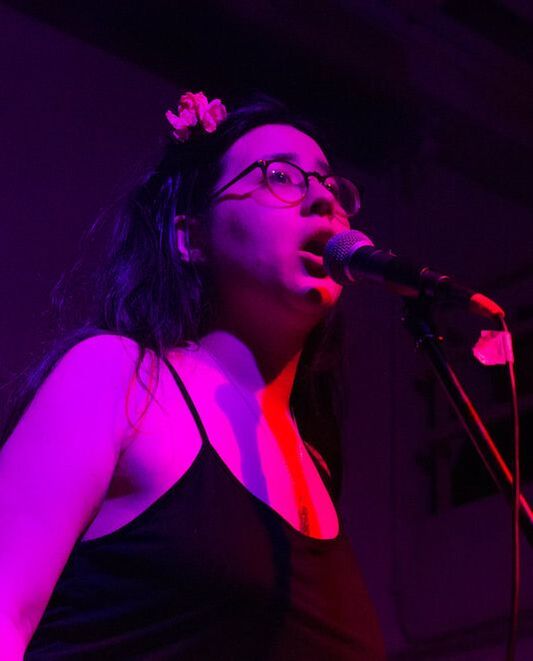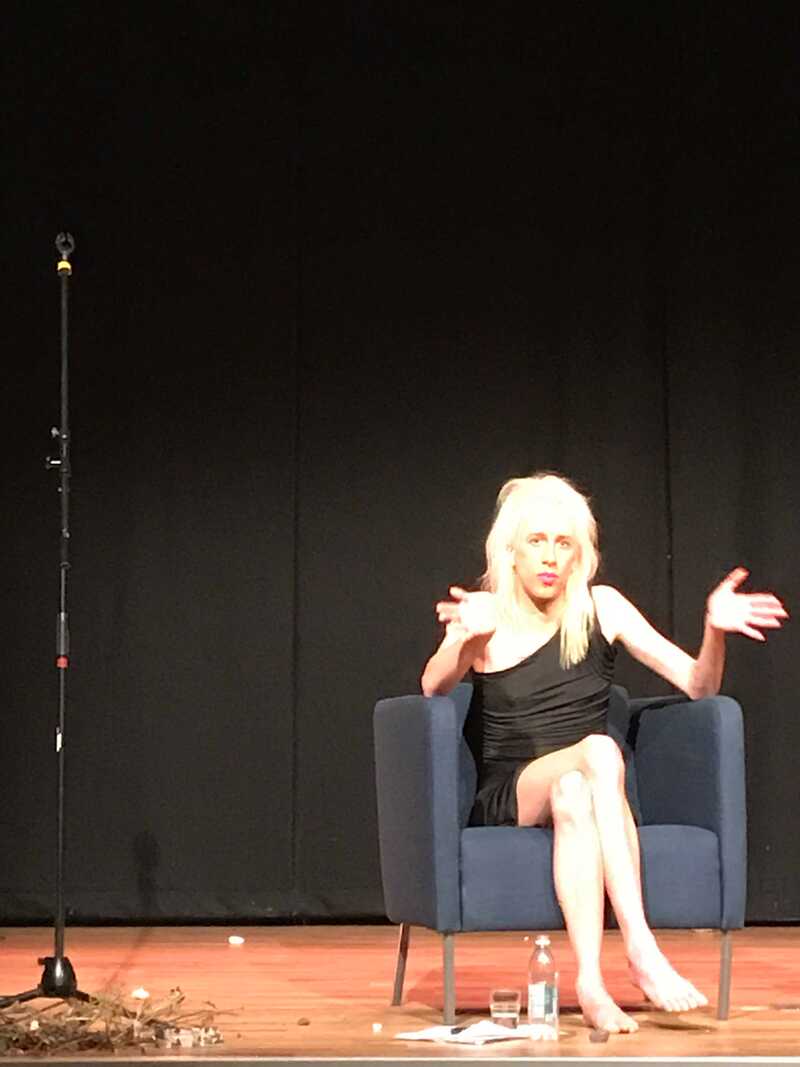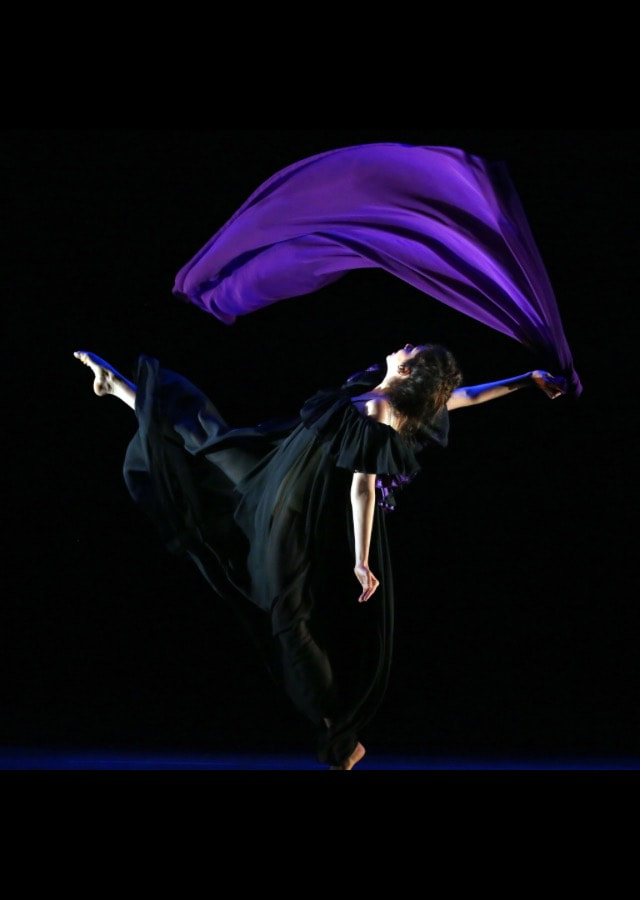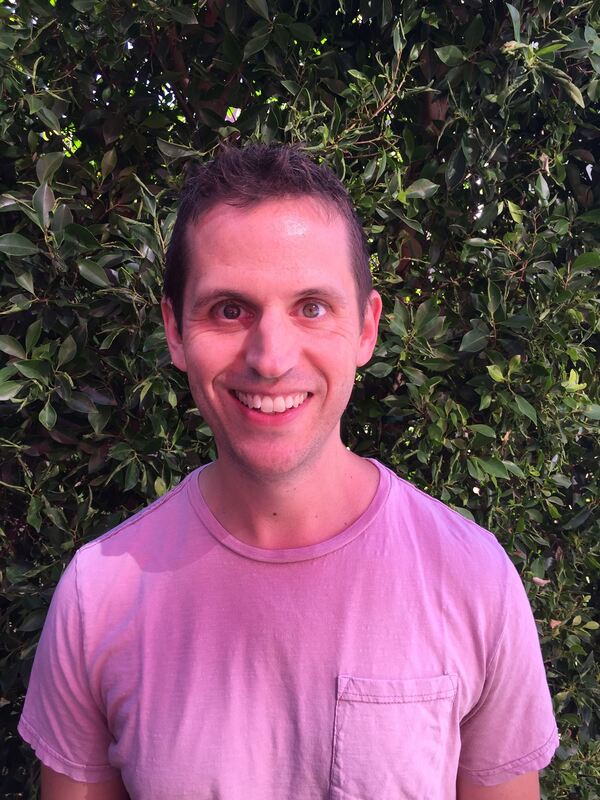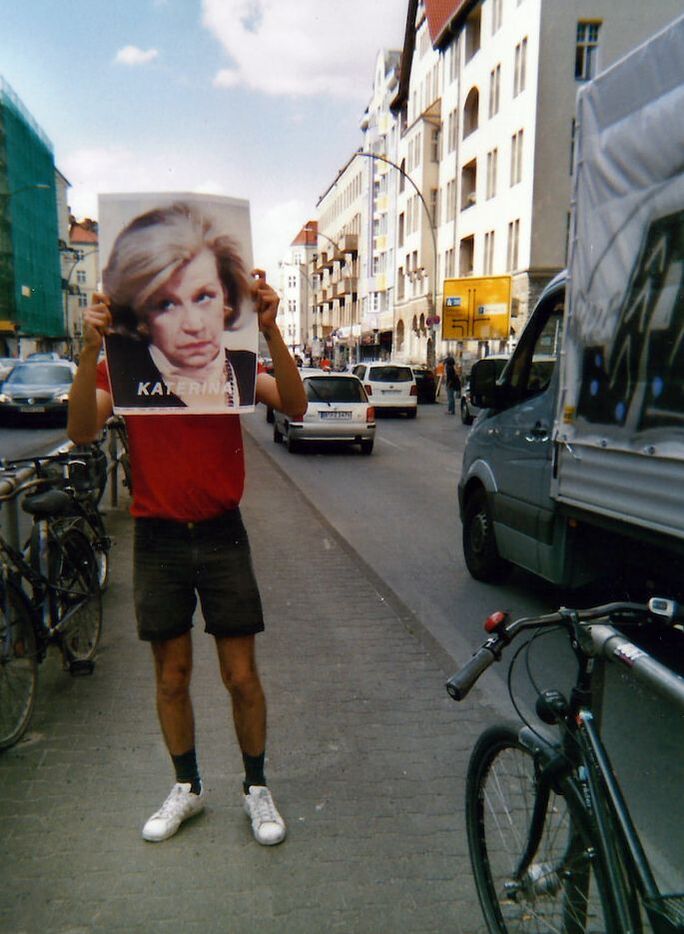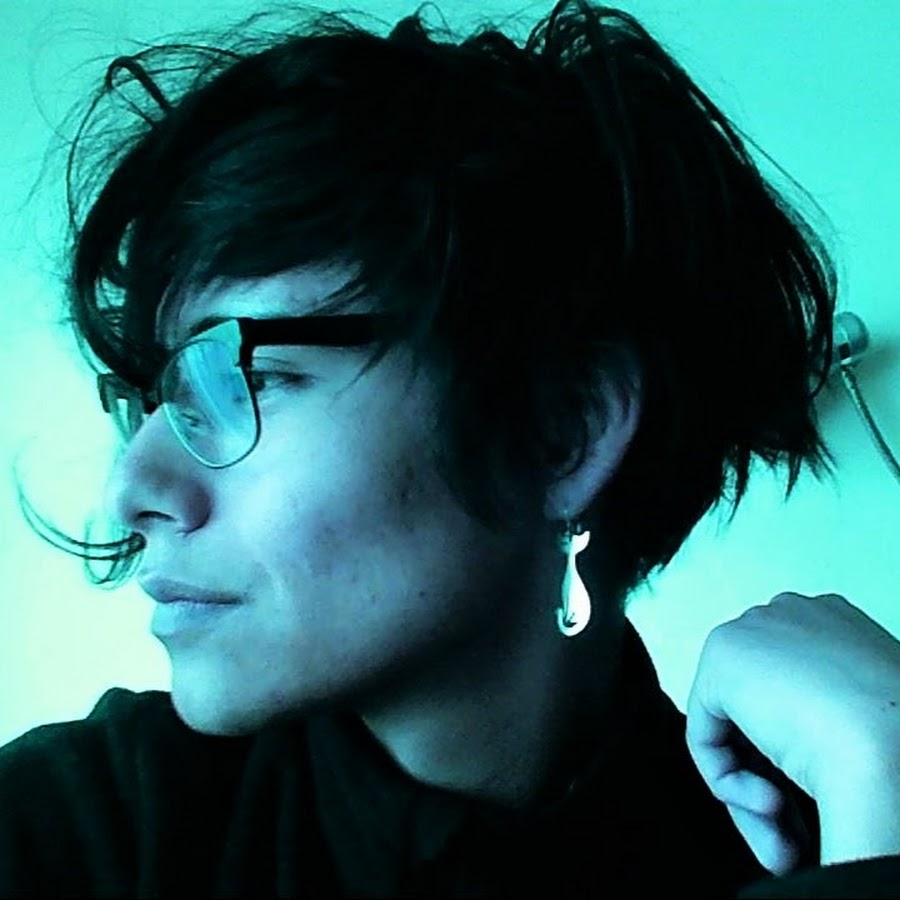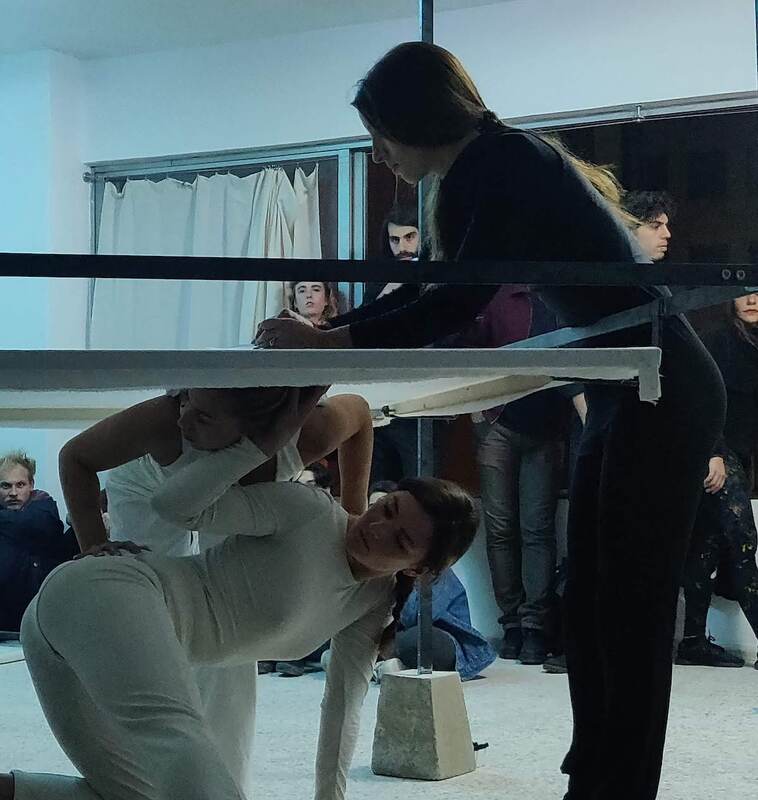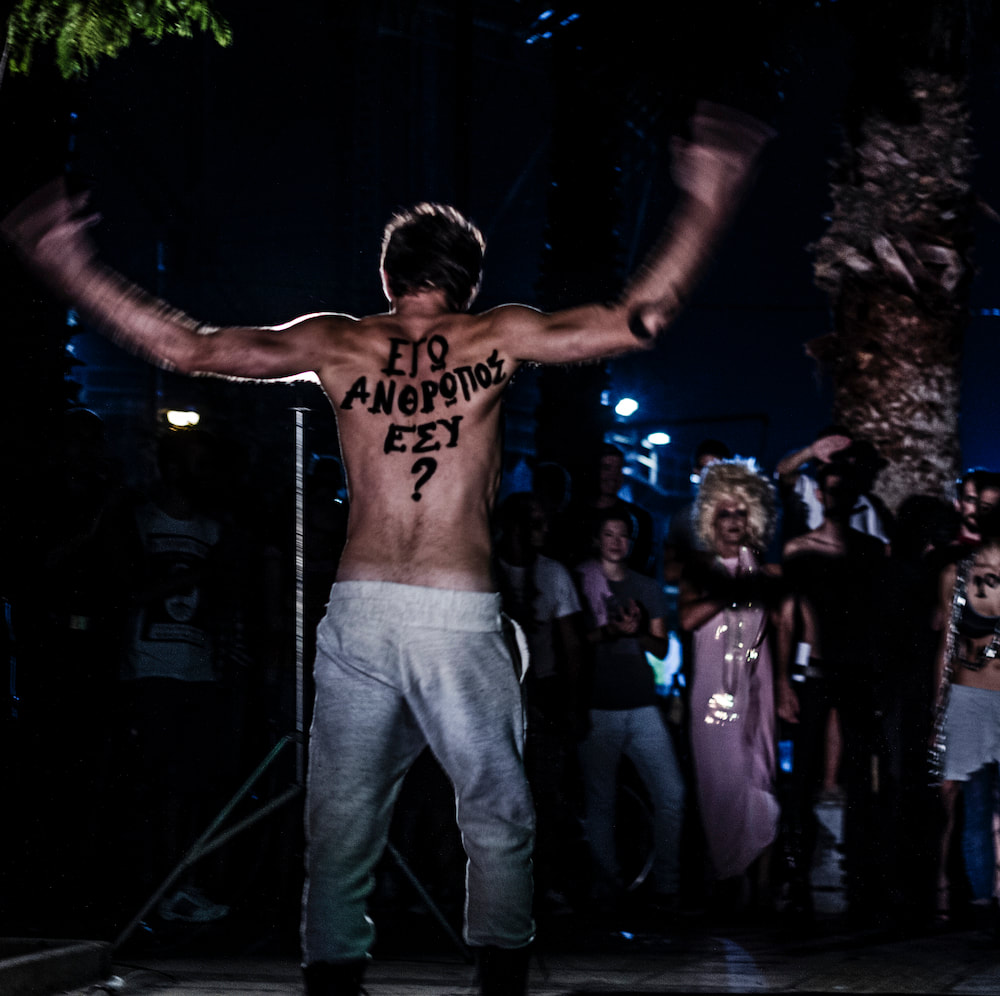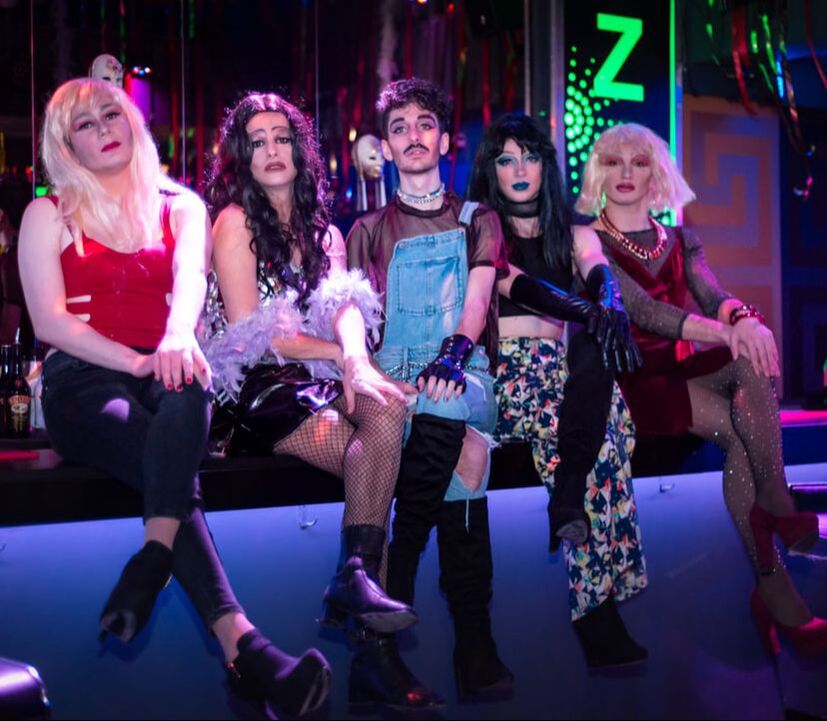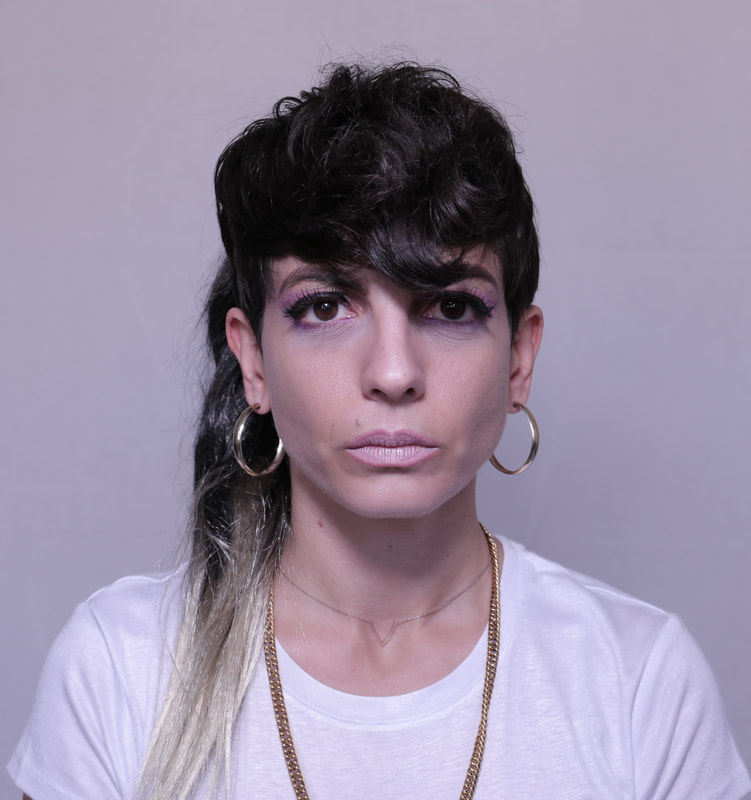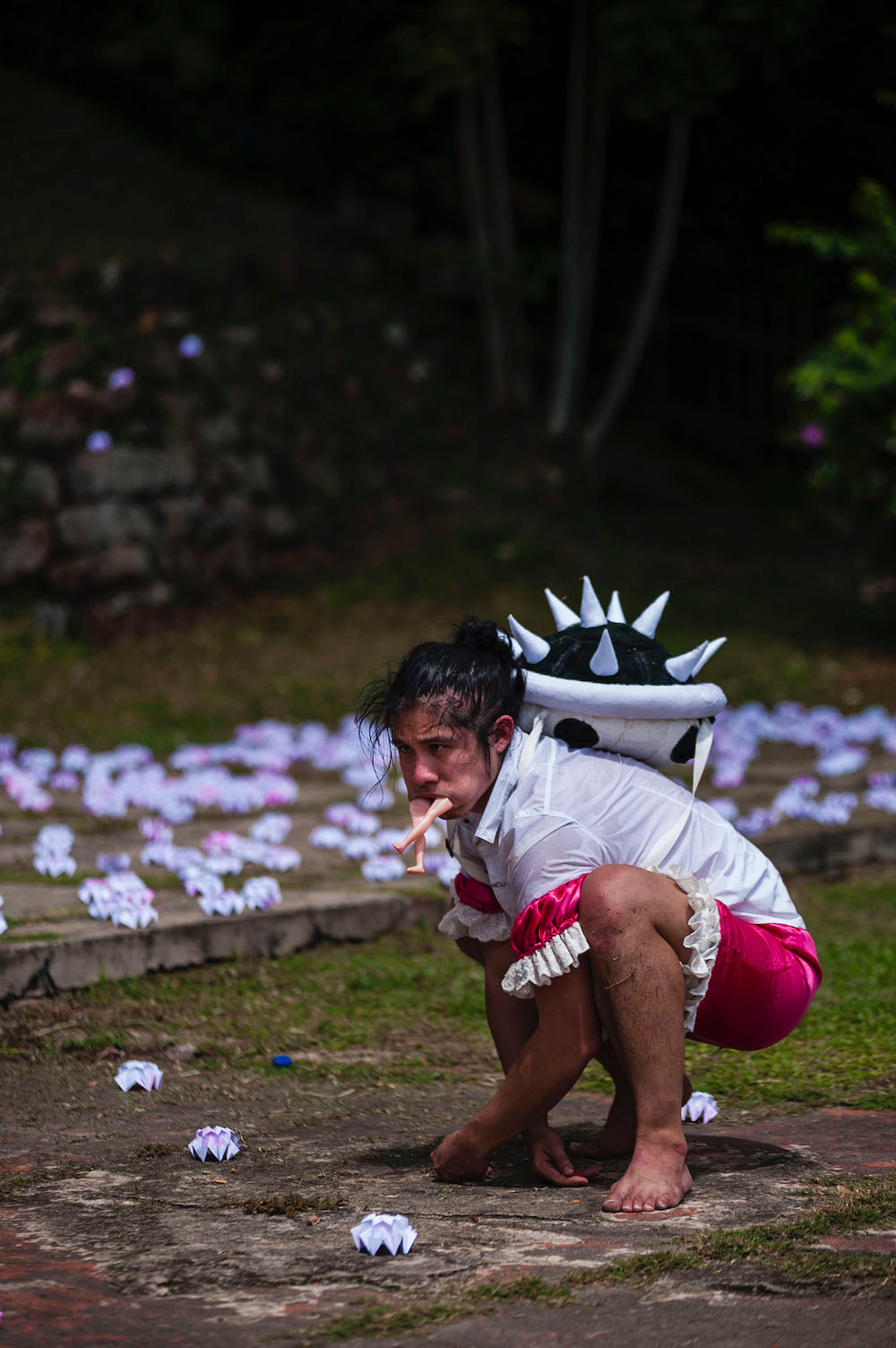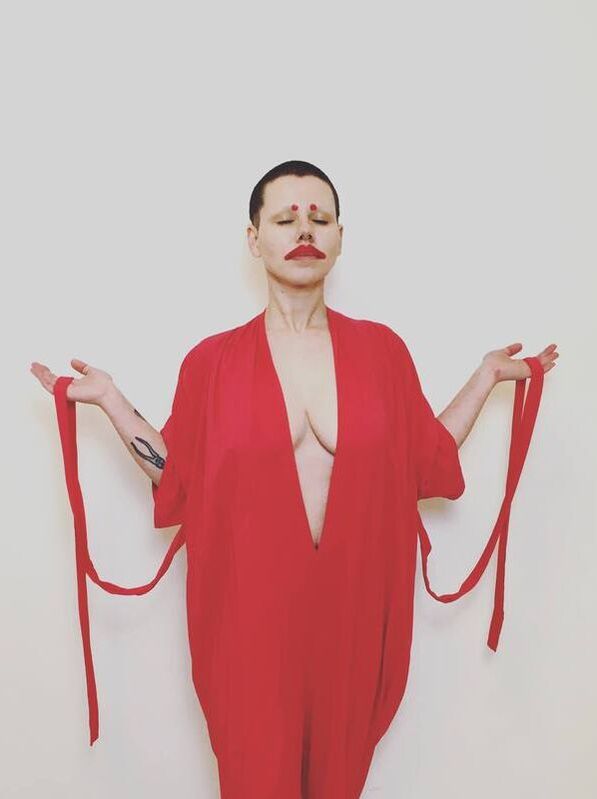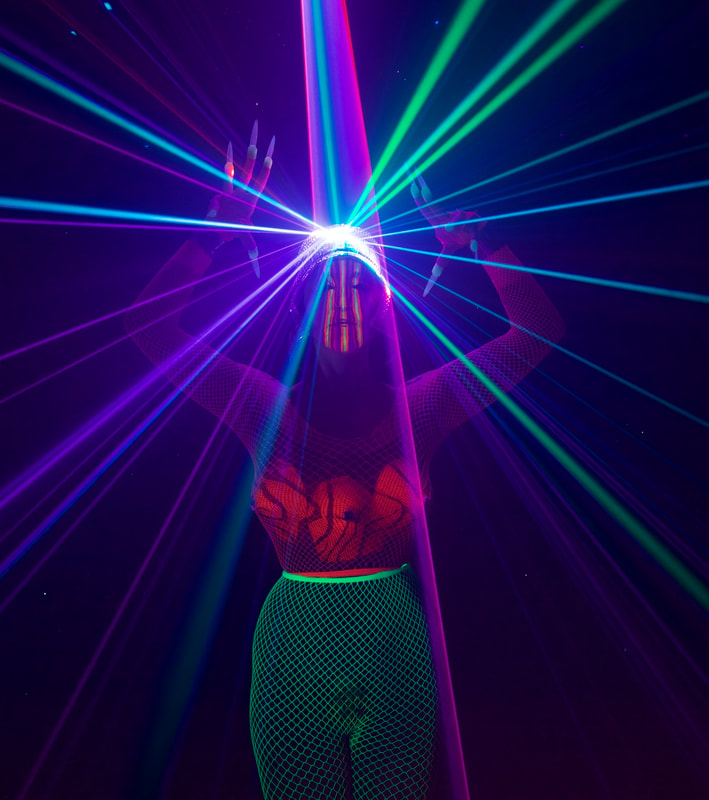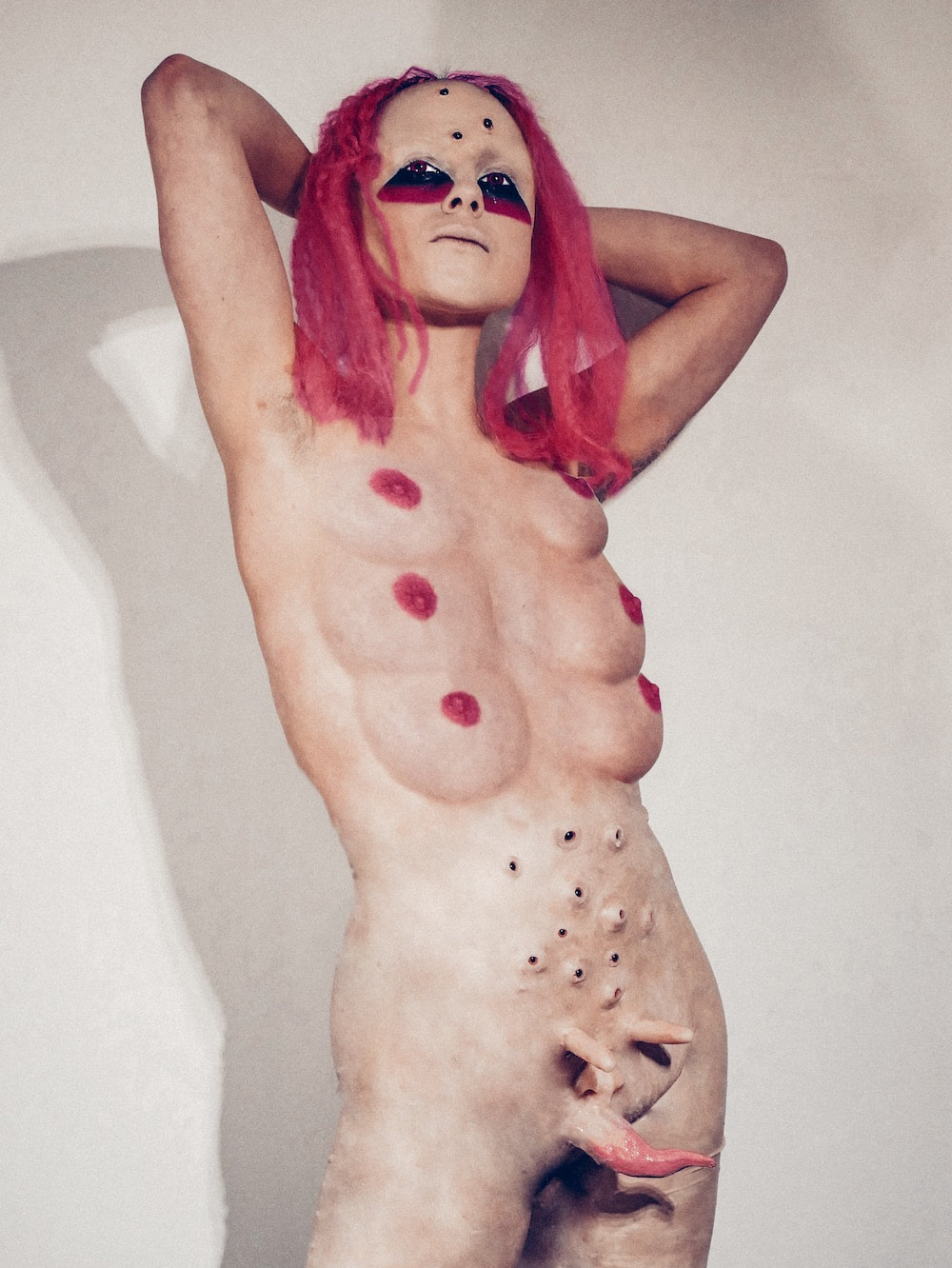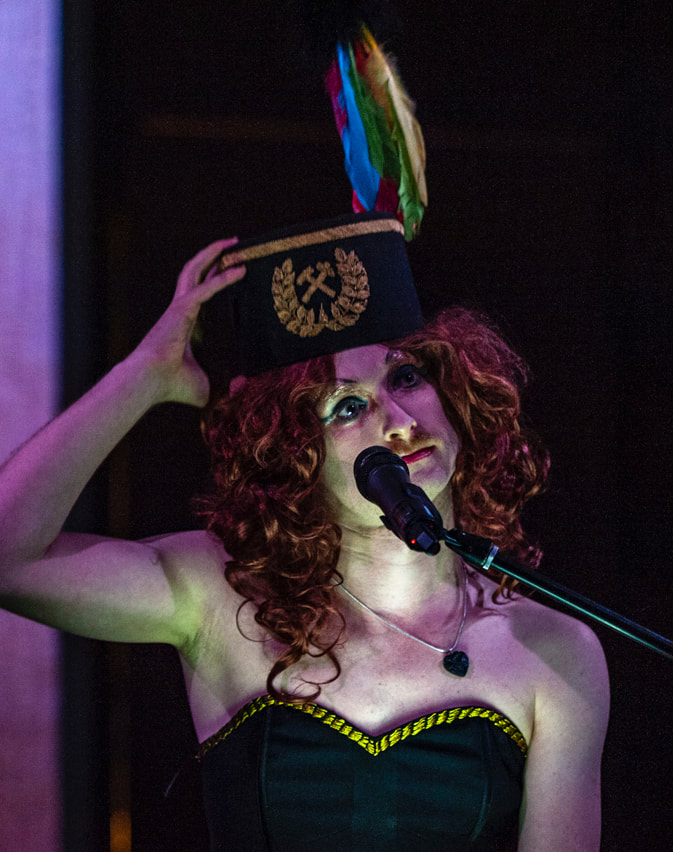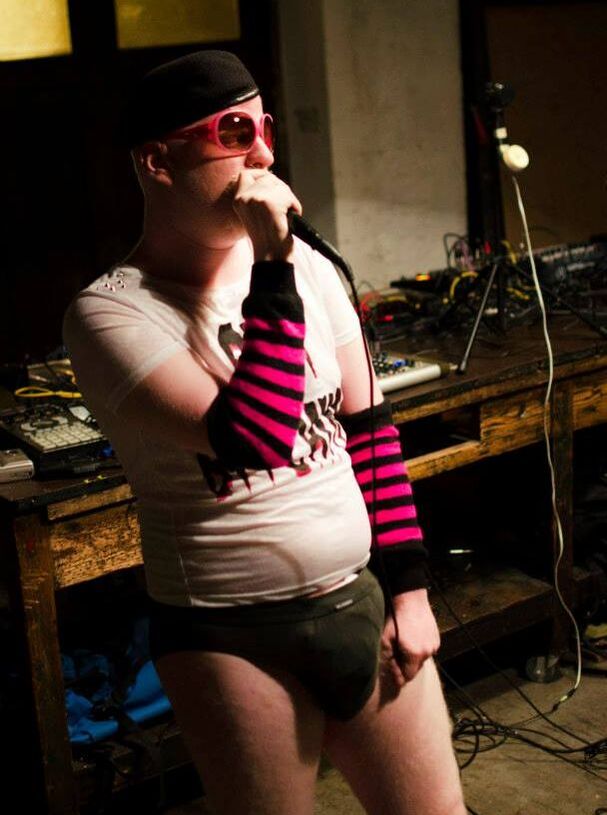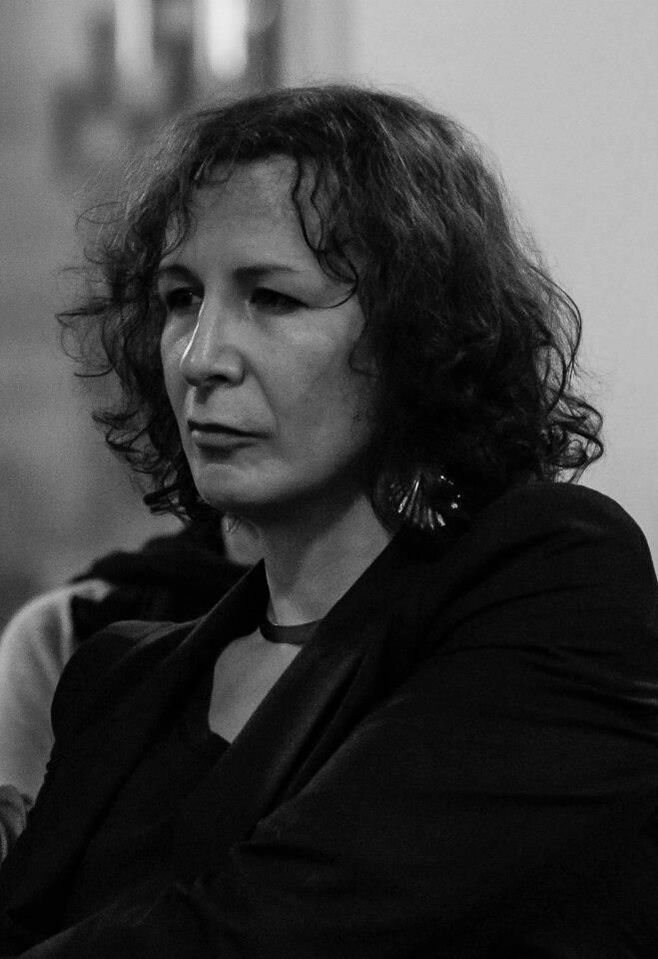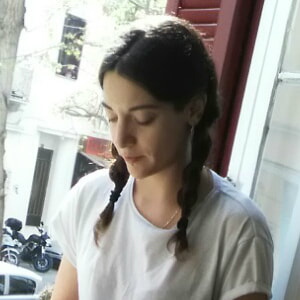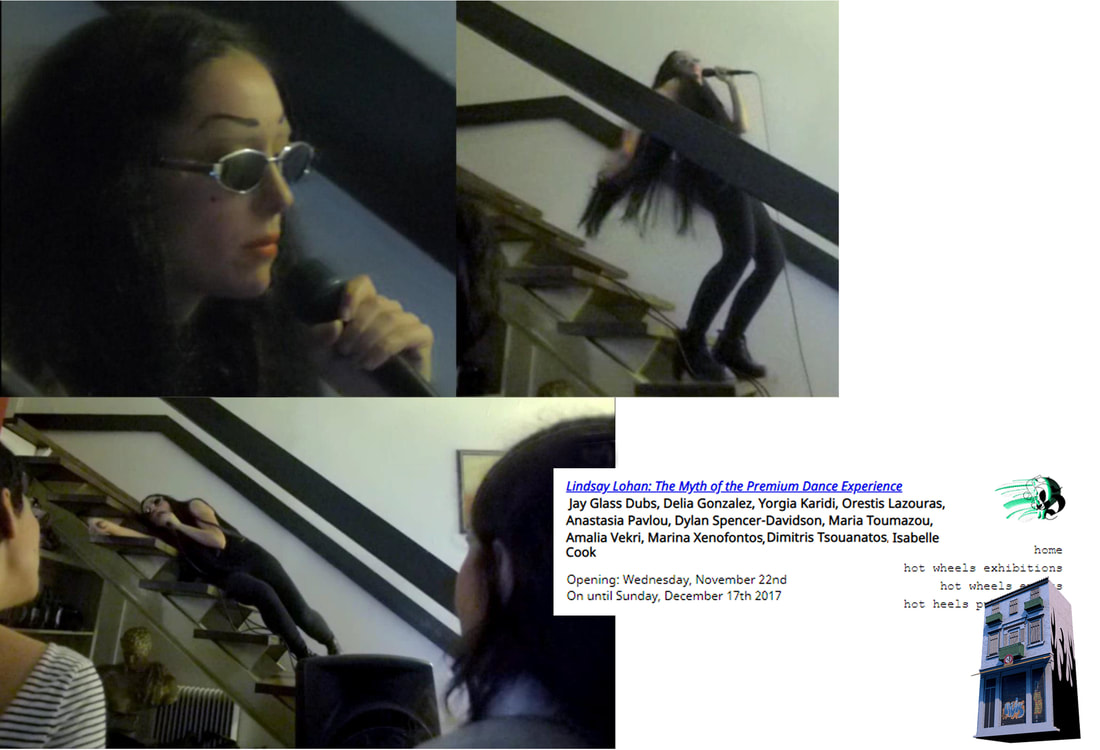|
Aimée Lê is a Vietnamese American writer and artist whose work focuses on untranslatability. She received her PhD in English and Practice-based Research from Royal Holloway, University of London on the national question in 20th century American writing. She is currently an associate lecturer in creative writing at Exeter University and an associate member of the RHUL Poetics Research Centre. She releases music through the Fytini label.
|
VAGUE (WAVE 🌊) Etymology 1: From Old French vague (“movement on the surface of a liquid, ripple”), from Old Norse vágr (“sea”), from Proto-Germanic *wēgaz (“wave, storm”), from Proto-Indo-European *weǵhe- (“to drag, carry”). Cognate with Swedish våg (“wave”), Middle Dutch waeghe, wage (“wave”), Old High German wāge (“wave”), Old English wǣg (“wave, billow, motion, flood”). Etymology 2: From Middle French vague, from Latin vagus (“wandering, rambling, strolling, fig. uncertain, vague”). Based on oral history with my dad, I will present a dramatic reenactment of his life during the Vietnam war, as well as the refugee period of the 1980’s, crossing the South China Sea, alongside themes from the Nouvelle Vague.
|
|
Alex Alvina Chamberland is a 32-year-old Swedish-US American performance artist and writer based in Berlin since June 2015, but born and raised north of San Francisco in California.Much of her performance and writing work is based in explosivity, intensity, musicality, vocal experimentation, silence, maximalism and (trans)femininity, dealing with subjects such as failure and passivity as a means of resistance to obligatory capitalist success and productivity, as well as loneliness, yearning and collectivity. In September 2018 her debut novel “Utelåst – Uppväxtnostalgi för freaks” (Locked Out – A nostalgic account of growing up for freaks) a parody of the coming of age-genre that refuses to be a trans memoir, was published by Dockhaveri Förlag. At present she is working on two English language novel scripts, excerpts from which have been published in several different anthologies.
|
At the festival she will be reading from her English language novel-in-progress "Love the World or Die Trying": ”Will a soul inside a deep stab expand or shatter? I’m scared of losing thin skin, not bleeding, but… reader, may I reach for your hand to rescue me from the rough hoofs of a stampede?” / "On my walk down the church hill two cars in a row stop and try to pick me up. I will never understand why my feminine body garners so much attention, while my superpower, my feminine intensity is feared like a rushing river or the point of a needle. Ugh, my ashes will be warmer than their sex; fuck the sky, hand me the stars! As I age, the men of the streets will finally leave me in peace, as my body begins to crumble without the touristic allure of an Acropolis or Colosseum. Nice ruins..." / Alex Alvina Chamberland will also be reading a selected excerpt from her side project, the non-narrative, poetic-prose novel "The Vulnerability of a Skinned Tomato". The reading will be followed by a Q&A where the audience is welcome to ask questions.
|
|
Anastasia McCammon is a performer and researcher from Cyprus. Trained as a dancer and actor, her performance praxis now build upon various methods of improvisation as queering tools for theatrical world-making and character development. Anastasia asks, what types of storylines and ‘evidence’ emerge or fail when we feed movement, words, expressions and images into a live performance? This performance is part of Anastasia’s research on improvisational tools for the stage. Detective Bramble’s ideas about ‘shrinking women’ are fictional stories, but could also be metaphors for disappearance, invisibility and things that are hard-to-find/hard-to-say.
|
Detective Larry H. Bramble is a man with a mission. As a top-end investigator, Bramble handles lucrative cases of disappearing acts, specifically cases of missing, shrunken women. For the first time ever Detective Bramble & His Travelling Lab are coming to Athens to showcase their new incredible, sustainable, anatomically-accurate piece of investigative machinery - THE OBJECTIVE LENS OF HIGH ALTITUDE AND MAGNIFICATION - a.k.a The T.O.L.O.H.A.M. - a device that allows Bramble to communicate with those who are missing (and much more!). The performance is an open, interactive, pop-up tour. An introduction to his laboratory and facilities invites audiences to discover detective Brambles working conditions for solving miniature mysteries. Conditions include: 1. An electrical outfit, 2. A magnetic and fashionable headpiece, and 3. An appropriately funky song. In the performance the shifting ‘one-(wo)manband’ and body of characters draw influence from theater, drag performance and somatic/dance practices. In discrete scenes these bodies act simultaneously as the site, stage, object, and tool of/for ‘investigative scrutiny.’ Anastasia’s body shifts from human detective, to anatomical diagram, to a piece of engineered machinery.
|
|
Ben Bateman is lecturer in English Literature at The University of Edinburgh and the author of The Modernist Art of Queer Survival. He was previously Professor of English and Women’s, Gender, and Sexuality Studies, and Director of The Center for the Study of Genders and Sexualities, at Cal State Los Angeles.
|
Theorizing Queer Disappearance, or, Going Up in Smoke With José Esteban Muñoz.
This talk will argue for disappearing tendencies as an integral feature of gay subjectivity. Against neoliberal imperatives to thrive, accumulate, and aggrandize—imperatives no longer sustainable, if ever they were, in an era of climate disaster—many queers prefer to pull away, dissipate, and recede from view. Thinking with Muñoz’s concept of ‘disidentification’ and with the suicidal desire of the unnamed narrator of Garth Greenwell’s 2015 novel What Belongs to You, I argue further that queer disappearance demands a revision of the action- and appearance-based theory of performativity that has been so central to queer theory over the past thirty years. |
|
Elias Karniaris was born and raised in 1990 in the Greek Wild West. He studied architecture but opted in favor of making art and cleaning houses. He used to be very enthusiastic about the Internet and Social Media, currently he is reconsidering. He works with a plethora of media, spanning from cheap inkjet prints and adhesive tape to extended digital archives and site-specific installations. Greek identity as a constant trauma, archaology of television and other popular culture phenomena as well as the interactions of mass culture and contemporary digital hyperrealities with everyday life and its practices are recurring themes of his work. He lives and works in Berlin and Athens.
|
Queering 'Vietnam' — Elias, shove it up your bum
All I see is darkness and confusion, as if every disaster is upon me. Amid my craze, I met you and my life turned upside down. Ι will gain a momentum, gain a momentum to smack all the things that have perplexed my life. I will gain a momentum and tear them down, to breath free at last. My mind is blurred by the darkness and my heart is so lonely. Amid my craze, you are talking about love, while I feel plain cold inside. Ι will gain a momentum, gain a momentum to smack all the things that have perplexed my life. I will gain a momentum and tear them down, to breath free at last. |
|
Feli Cabrera López Trans, Artist, Designer and Writer; focused on human body, abstraction, perception, physics and semiotics. She researches and produces in different formats such as video art, sound art, music, audiovisual concert, generative art, interactive art, installation, performance and electronic art. Currently investigating the possible connections between body, gender, identity, art and new media. Her work has been exhibited in different countries such as Argentina,Colombia, Ecuador, Germany, Italy and South Korea.
|
Programming Gender: Searching Myself
This work is based in the concepts of performativity (Butler) and control-technologies (Foucault). The artist will modify its own appearance along 40 minutes by changing hairstyles, makeup and accessories. They will constantly taking photo-portraits of they-self and then processing the image data with help of a free face recognition app. The app is an algorithm developed to get descriptions as data from image analysis; one of the characteristics given by the app after the face recognition processing is gender percentage in binary therms (male-female). The inspiring question of this performance-experiment is: Taking in account that the current global population is higher than 7.500 millions, reducing people to simply two "ideal" groups, is not a kind of violent control mechanism to reduce the possibilities of human diversity in the world? |
|
Flavia Stagi and Seeva Dawne
Flavia Stagi Lives and works in Athens and Berlin. Studies painting at Athens School of Fine Arts and at Kunsthochschule Weissensee Berlin. Seeva Dawne Lives and works in Athens and L.A. Studied dance at Santa Monica College and Philosophy at Queens University of Charlotte. |
Table of CORPOreality consists in a site-specific display: it includes a frame that functions as a tool to frottage a composition of human bodies performing a choreography underneath the stretched canvas. The frottaging tool has a sculptural quality as well as a functionality. The bodies are caught in time as a relief sculpture. The performance is a collaborative dialog between the more static / bidimensional decisions related to the frottage and the dynamic, performing decisions that will be found from the performing team.
|
|
4elements1 work on performances related to social stigma and communication (hiv, homophobia, transphobia) through movement and spoken word. They are also involved in reiki and in the flowidity system. They have performed in Athens (open spaces and La Pocha Nostra performance workshop at Athens School of Fine Arts) and in Berlin (Trashera at Neu West Berlin and at Whole Festival).
|
Obstacoracle: this plasma does not like definitions. Through spoken word and singing Obstacoracle wants to talk about the within, the gender, the without-pain, the mammal illusion and her prognostics, being queer and the christian violence from the greek family, school and society, being bipolar and the fluidity of time.
|
|
Haus of Proletarea Five Drag Queens, a hyper queen and a Genderfuck emerged from the fight against heteronormality and patriarchy. We were brought together by the need to continue the Drag culture and degrade gender stereotypes, due to the murder of the first lady of greek drag, Zackie Oh. Our goal is not only to share our art, but also the wide social interference in Thessaloniki for gender and sexual liberation. We are housed in Micropolis social place for freedom and we choose to perform mainly to support antisystemic and antifascist actions.
|
|
Kallia Kefala studied architecture at the Polytechnic School of Aristotle University of Thessaloniki and Costume Design at the Berlin University of Arts (UdK). She lives in Berlin since 2011, working as costume designer and scenographer. The use of photography and video as media of artistic research, documentation and artistic production as well as the discoursive relation between image production and theory are crucial elements of her work. Central issues for her are the notion of body as material, gendered and dressed body, the practices and codes which constitute femininities and masculinities, sexuality, drag and pop influences on the production of queerfeminist discourse, theory and artistic practice.
|
The Enclosed Garden's aim is the creation of a visual narration around femininity and sexuality, using as raw material christian iconography. I investigate the way sexuality is concealed or described as an allegory in the christian faith. To do so, I activate the idea of hortus conclusus (enclosed garden) which, in relation to Virgin Mary, pervades the art in the Middle Ages and Renaissance. Hortus conclusus identifies Virgin Mary with a hermetically sealed and at the same time orgiastic garden. I use this symbolism and its contradictions to place the focus on desire, seen from a queer perspective.
Concept/costume and Set design/Video: Kallia Kefala Movement consulting: Nefeli Gioti Sound design: Kim Bode Performers: Kim Bode, Nefeli Gioti, Kallia Kefala, stouli leporidae |
|
Kelvin Atmadibrata (b.1988, Jakarta, Indonesia) recruits superpowers awakened by puberty and adolescent fantasy. Equipped by shōnen characters, kōhai hierarchy and macho ero-kawaii, he often personifies power and strength into partially canon and fan fiction antiheroes to contest the masculine and erotica in Southeast Asia. He works primarily with performances, often accompanied by and translated into drawings, mixed media collages and objects compiled as installations. Approached as bricolages, Kelvin translates narratives and recreates personifications based on RPGs (Role-playing video games) theories and pop mythologies. Currently he is based in London, United Kingdom as a Master of Art in Contemporary Art Practice (Performance) student with Royal College of Art.
|
Stimulated by an erotic fiction that involves bestiality, Good Boy (2018-ongoing) is a performative presentation of the artist's enquiry towards sexual awakening that is motivated by his curiosity towards fetish, sub-culture, masculine hierarchy and cultural identities.
|
|
Kolbrún Inga Söring is currently an MFA student at the Fine art department of Valand Academy, University of Gothenburg. Inga’s research explores possibilities of using the body as an autonomous site of provocation, problematising cis - heteronormative ideals while questioning the deeply rooted ‘myth’ of masculine desire. By borrowing and rethinking HC Andersen’s The Little Mermaid through a queer and trans lens, Inga sets out to appropriate the narrative with the tool of auto-theory. Unpacking their own troubled relationship with said norms and desires within a framework of self-representational body politics, body modification and politics of desire.
|
At the core of “Chevron mustache the extended version” lies a captivating tale of a teenager who is told to perform the identity of a mermaid but desires most to perform the identity of a human. A series of euphoric and dysphoric experiences follow as the tale tackles the harsh reality of someone who does not conform to hegemonic social standards. The lengths that the teenager goes to in order obtain their true identity can in many ways be likened to experiences of those who defy expectations of cis-heteronormative appearance, behaviour and desire. The tale referred to here is Hans Christian Andersen’s The Little Mermaid written in 1873 which later inspired the Disney animated film by the same name. With auto-theory as their main method, Inga sets out to investigate their own relationship with said expectations via the story of The Little Mermaid. Constructing a new narrative that serves to not only highlight a possibly overlooked subtext of Andersen's story, exposing another washing of an early non-conforming life, but also to borrow a possibly 'coded for safety' fantasy and breath into it a contemporary reality that seems to, even with an age gap of 182 years, have more in common than meets the eye.
|
|
Kupalua studied performance at Comunicação das Artes do Corpo at PUC São Paulo. Acted at Teatro Oficina on the piece Macumba Antropófaga 2011, directed by José Celso. Performed at These Associations by Tino Sehgal at CCBB (Rio de Janeiro) in 2014. Kupalua is one of the artists of the piece Macaquinhos which has polemic repercussions in Brazil. Kupalua is the name of Renata’s experimental music solo project, she released the album Sintrópica, which was shown in Fusion Festival 2018 and in other spaces around Germany and in Riga, Barcelona, Paris and São Paulo since 2017. Kupalua played with the band Adrenalinastrasse at the installation MasturBar by Fabiana Faleiros on Berlin Biennale 2018.
|
Kupalua is always in transit. There’s no trace of morals or frontier. It’s simultaneously extra-terrestrial and earthly-physical-corporeal. Travels from the interior of the pussy to outer space in the speed of light. There’s no separation between nature-culture or body-cosmos. What is root and what is synthetic. Rooster, frog, rain, melodic voice, synthesizers, microphones and processors. The body’s construction as prosthetics and lasers depict the sonorous landscape. Laser prothesis makes contact with us and with outer-space while every matter flows through a timber that leaves us given over to estrangement. I don’t know where I am when I listen/see Kupalua, if I’m under water or if I’m suspended, weightless, timeless, without story, without clothes. It’s a journey completely inside of sound waves.”
|
|
Mille Bostedt is a performance artist from Stockholm. Their drag-persona Prof. Rory is a non-binary professor that invents genitalia. Mille work with silicone to create different alienlooking genitalia to wear. They also invent genitalia in Photoshop that they present on a silver screen while performing. Prof. Rory has performed in many different venues in Berlin, London and Stockholm. Apart from their drag practice Mille study acting and performance art at Stockholm University of the Arts.
|
Progressive Genitalia is a Sci-fi drag show, an infomercial like performance where Prof. Rory present the 3-step method for designing and growing the genitals you dream of by means of biotechnology. Prof. Rory try to keep the presentation of their genital practice professional, but it might end in an emotional sing-a-long musical. It's a satire on binary norms from a non-binary perspective. This is genital utopia and dystopia!
|
|
Paweł Świerczek – dramatist, writer, preformer, queer activist. In 2017 he wrote debut play “Odwołany” (“Cancelled”) staged by Teatr Naumiony (dir. I. Woźniak) and translated to Polish “Chroma. A Book of Color” by Derek Jarman (currently he is working as dramatist on theatre adaptation of the book). In 2018 he performed in “Hybris, p. 1” (dir. D. Biernat and M. Borczuch) at Pomada Festival in Warsaw and made “Of Coal and Rainbow” - his solo performance debut. In 2019 he directed collective performance “Jestem” (“I Am”) at Malta Festival Poznań and created interdisciplinary installation “Queer Elderly House” at Scena Robocza in Poznań. He runs ongoing project “Śląsk święty, Śląsk przegięty” (“Saint Silesia, Queer Silesia”) focused on queering the mining region of Upper Silesia (Poland) where he comes from.
|
The picture of miners coming back home from work with their eyelines painted black is a common childhood memory among Silesians. Before we realized it’s just coal dirt, we’d been asking ourselves: Why do those men wear makeup? Don’t they say make up is just for women? Miner’s eye is a potential queer rupture in patriarchal Silesian culture. “Of Coal and Rainbow” confronts this eye with an eye of the drag queen (the oldest one in Upper Silesia). What comes up of mixing up those two traditions and how Silesian queer community can use it to create unique local identity? Is it even possible or is self-colonization the only way to be queer in Eastern Europe nowadays?
|
|
POP Tektonism is a queer pop star, creating enemies in every alternative music subculture and lifestyle. POP Tektonism through the use of spicy noisy pop sounds and its notorious prone and submissive performances is seeking to destroy the cliches of alternative music scenes and their masculine stereotypes. POP Tektonism’s songs are celebrating vulnerability, disability and pansexual confusion. POP Tektonism is hated by Hardcore punks, Manarchists, Antisemites, Noise mansplainers, Black Metalheads Skaterboys, Greek tavern owners and more.
|
Daddy Deli(issues) is a four song performance piece by POP Tektonism based on Tektonism’s fantasies and personal experiences. The work critically discusses the role of the father in western patriarchal societies while keeping the juicy jouissance of family role play sex alive. Ultimately the performance raises the question: will POP Tektonism manage to find a real sugar daddy before they reach the age of 35 or will it remain an unfulfilled dream?
|
|
Trish Salah is a poet, activist and associate professor in Gender Studies at Queen's University. Her first collection of poetry, Wanting in Arabic, is focused on diasporic Arab, transgender and queer subjectivities and the affective labour of minority community formation. Wanting in Arabic won the Lambda Literary Award for Transgender Fiction. Her second book, Lyric Sexology Vol. 1 employs the lyric as lens to read the intersection of transgender and eugenic fantasies encoded in feminist, autobiographical, anthropological, sexological and psychoanalytic archives.
|
"Struggling with the Human: Trans Genre Poesis"
The “transgender tipping point” in popular representation coincides with anti-trans legal measures and ongoing murderous violence directed at sex working, drug using, poor, Black, Indigenous, and brown trans women. These co-incidences direct us to necropolitical economies of sexuality and gender and alert us to the violence of coloniality and anti-Blackness and their dense interpenetration and inter-animation of the Human, and its generic MAN (Wynter 2003). At the same time Trans genres have long been posed as challenges to hegemonic constructions of enlightenment humanity. Sandy Stone’s early essay, “The Empire Strikes Back: A Posttranssexual Manifesto” suggests the radical possibility of “constituting transsexuals … as a genre… whose potential for productive disruption of structured sexualities and spectra of desire has yet to be explored” (1987). In this talk, I will discuss the interplay of differing modes of trans genre experimentation and consider their possible intervention in the political field through contemporary trans poetics. |
|
Viki Kampouridou did her Masters in urban planning and spacial studies at National Technical University of Athens, where she got interested in thematics such as the gender dimensions of (public) space, the threshold bodily situations, the narration of the Other body, the culture of the margins and culture of phantasmagoria. She is a PhD candidate at the Gender and Space lab of N.T.U.A. with her focal theme being the contingency of gender representations through drag.
|
"The fluidity of gender through the conceptual tool of RuPaul’s Drag Race." Persons/bodies follow and present to the public (space), an acquired, recurrent sequence of bodily behaviours in subtle practices of everyday life such as looks, kinesiology, or voice tone, adhering to the social set of rules that generate the fiction of “normal gender expression” and the impression of its made-up naturalism. Through the reciprocal movement of the bodies of drag queens, back and forth, between, and around the traditional genders, we can reprogram the way we categorize the models of “female” and “male” performances.Show business is the matrix that generates social models, the existence of a TV competition of ‘pariahs’, is a socially necessary representation but also a catalytic agent for changes in culture. The mere image of the “other bodies” intrudes into the list of received images of a large number of people. RPDR is a unique example that provides an opportunity for peeping in the procedure of social gender change, simultaneously as a subject for academic research but also accessible to the vast public, offering great fields of exploration on how a cultural product of/by/for people who in the past would remain in the margins, could mold human culture.
|
|
Yorgia Karidi, born 1982 is an Athenian visual & performing artist working with sound, music, video, voice, field recordings and intermedia improvisation. She has studied theater and film studies (University of Patras & Freie Universitaet Berlin, New Media & Digital Arts (Athens School of Fine Art), and has a working background in a variety of fine arts media, including painting & ceramic. Her latest work focuses on radio theater broadcasts, musical recitation and readings. Her music composition and live sets introduce elements of contrast, humor & awe.
|
"My Cosmos" is a short performance /musical theatre consisting of three acts on the theme of “The fragile thoughts & odd associations of a girl on an afternoon that turns to night” and has a total duration of 14 minutes.
|

